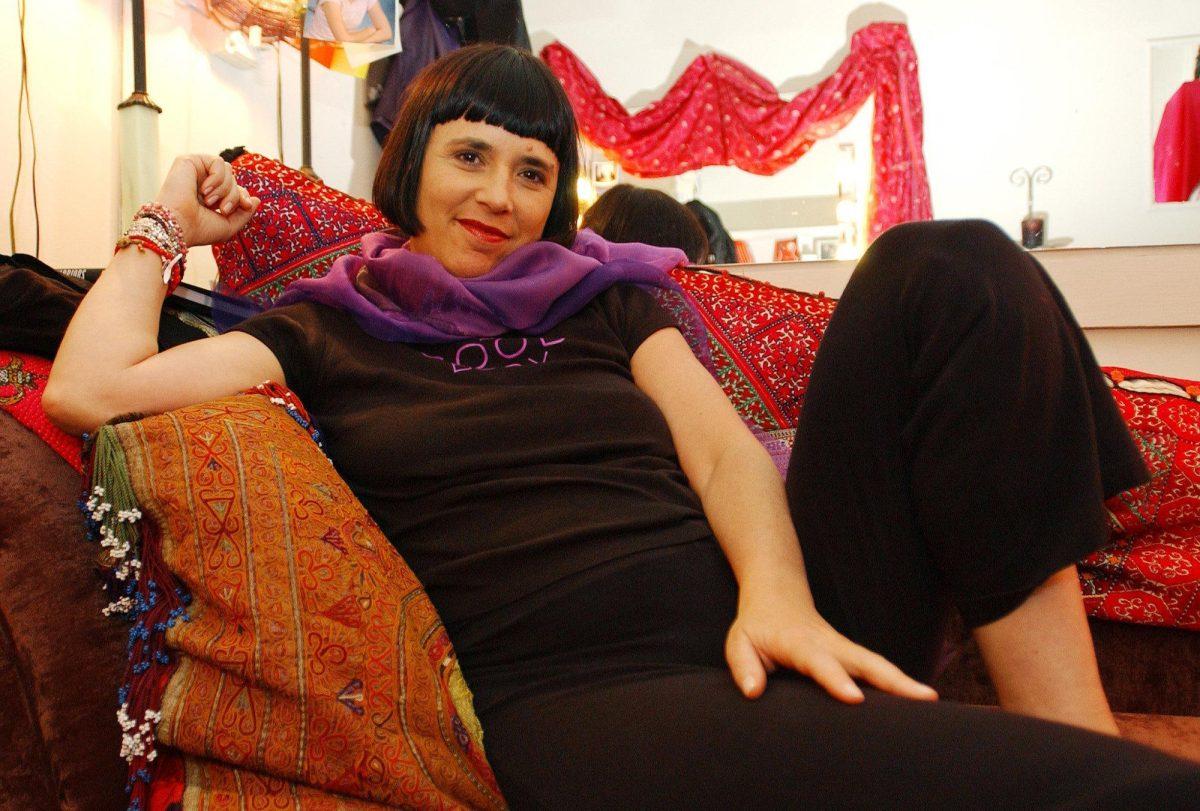Maude Lebowski was right on the mark.
“The word itself makes some men uncomfortable. Vagina.”
It’s not just the men, though, Maude. It’s women, too.
Vagina is a word loaded with meaning for both sexes. This one thing holds more significance than any other part of a woman’s body.
While intelligence, personality and physical attributes are important to discuss, rarely do those topics expose emotions as raw as when women talk about their vaginas.
It’s a place of pleasure and pain, joy and shame, power and fear.
One work showing the myriad of emotions evoked when women discuss what’s below their waist is “The Vagina Monologues,” Eve Ensler’s play-turned-book.
Baton Rouge’s Sexual Trauma Awareness and Response (STAR) Center is hosting a performance of the play tonight, both to entertain and bring awareness of the effects of sexual assault and violence on women in our society, according to Racheal Hebert, STAR program director.
Many of STAR’s clients are college students, Hebert said.
Violence can happen anywhere and in many forms, and college students aren’t immune. But you won’t often hear people talking about those effects to others.
Silence is violence, according to Hebert, and “The Vagina Monologues” seeks to break that silence to stop the violence.
One mission of STAR is educating our community about sexual violence, along with providing support and assistance to victims of sexual violence.
Have you ever thought about the influence of your sexual experiences on your life?
Not simply physical effects, but how your worry, joy, fear or excitement over a sexual situation changed how you saw the world – even if for just a few minutes.
It’s interesting what you find out about yourself when looking at how your world has been impacted by sex, and it isn’t always looking through rose-colored glasses.
The monologues embody many different voices and seek to explore the spectrum of women’s experiences in discovering their vaginas by recounting experiences tied to it – from the pleasures of orgasm to the pains of intimate partner violence or rape.
The performance is a graphic look at the ups and downs of having a vagina in today’s world.
“The Vagina Monologues” displays the joy and pleasure women find in their sexuality, but it doesn’t shrink from the stark, real effects of violence – from an intimate partner or a stranger.
Some people only choose to see the violence portrayed in the performance without looking deeper. I won’t deny that some of the stories are painful to watch or read because of the violence these women have lived through.
But the story of a brave woman continuing to live and grow while dealing with the unfortunate hand dealt to her is enclosed in every acknowledgment of violence.
It takes a lot of determination to heal from the physical and emotional scars violence can leave and to know that you are worth someone who treats you well.
It takes strength to find joy, pleasure and peace in your own person, your own sexuality.
In your own vagina.
It’s a journey of self-exploration to talk about your vagina and how it has shaped your life. Everything you are is not encased in your vagina, but you shouldn’t deny the effects it has on your life.
If you have been or become the victim of sexual violence, please know there are people who care – just a phone call away.
Rachael Hebert, program director at the STAR Center, would like all students to know that STAR provides support, medical and legal assistance and advocacy for anyone who is, has been or becomes the victim of sexual violence. For information or assistance, call their 24-hour hotline at 225-383-7273.
You are not alone. Speak up to stop the violence.
Kristi Carnahan is a 25-year-old anthropology senior from West Monroe. Follow her on Twitter @TDR_KCarnahan.
____
Contact Kristi Carnahan at [email protected]
Positively Carnal: ‘Vagina Monologues’ themes mark forward motion for female liberation
March 20, 2012
Eve Ensler, author of “The Vagina Monologues,” raises awareness to end violence against women through her play.







